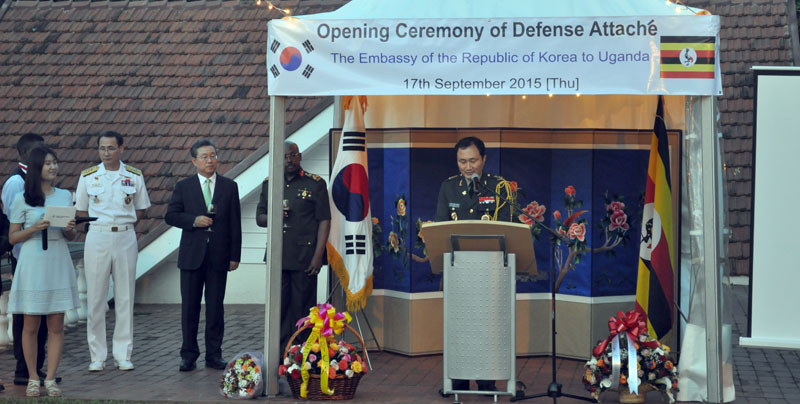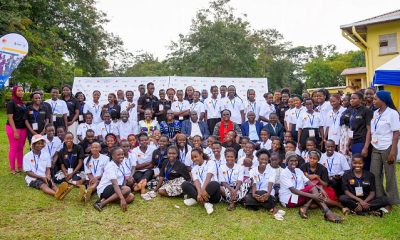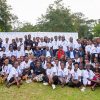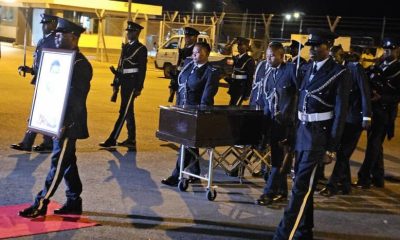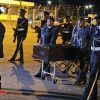News
Diplomatic rift threatens blossoming Korea-Uganda ties
There is probably no country at the moment that was as eager and determined to grow its friendship with Uganda as fast as South Korea. Well, accusing it of denying the late Gen. Aronda Nyakairima urgent medical help during a trip to Seoul, S. Korea.
The South Korean Ambassador Park Jong-Dae has since conveyed his country’s displeasure at being wrongly blamed for causing the death of one of Uganda’s most decorated general and best performing ministers.
The Sunrise has learnt that Ambassador Park delivered a strongly-worded missive to the ministry of foreign affairs asking the relevant officials to withdraw the remarks. Ambassador James Mugume, the Permanent Secretary in the Ministry of Foreign Affairs expressed some words of regret that the Head of State might have been misinformed about the circumstances of the late Gen. Aronda’s health shortly before he died.
If Ambassador Mugume’s comment is anything to go by, it should help to cool the tempers and avoid escalating the misunderstanding into an unwanted diplomatic crisis. This is because neither Uganda nor South Korea seem bent on bringing their rediscovered ties of three years to an abrupt end.
Over the past three years, South Korea has moved very swiftly to consolidate its position in Uganda, not only by sharing its economic miracle story, but also through offering grants to a wide range of sectors such as education, agriculture, water and other humanitarian affairs.
Just last Friday, South Korea added a new chapter to its mission to Uganda when they unveiled a military attache, one of only three in Africa.
The unveiling of Lt. Col. Yongbae Kwon at a sumptuous reception hosted by Ambassador Park for senior Ugandan military officers and foreign diplomats was hailed as a higher level in bilateral ties between Uganda and South Korea.
Ambassador Park cited the support rendered by the Uganda People’s Defence Forces (UPDF) mission towards Korea’s peace keeping forces in South Sudan as a good gesture that should be advanced into closer military cooperation.
Besides offering training opportunities for UPDF officers, Ambassador Park hinted at his country’s superior technological advantage in the manufacture of military weaponry as a possible area of interest for Uganda.
Ugandan tax payers have suffered enormous losses in recent years in the purchase of junk military hardware from former Yugoslavia states such as Belarus. Now however, Ambassador Park says his country is ready to offer advanced reconditioned war equipments as a donation to Uganda.
It should be noted as well that besides the obvious military to military ties being advanced, South Korea is keen to reduce the influence of its arch-rival North Korea in Uganda.
North Korea has been training the Uganda Police Forces with Taekwondo tactics, an endeavour that violates United Nations resolutions that prohibits North Korea from exporting military skills to any other country.
Ambassador Park argues that if Uganda can take advantage of their advanced military technology and skilled man-power, they would avoid fouling international law by engaging with a discredited rogue state.
Although South Korea’s SK Group lost the bid to build Uganda’s pioneer oil refinery, they have not shown any signs of holding on to their bilateral support. With the launch of US$2 million grant for vegetable growing in Karamoja region, diplomats from the Asian country indicate they are here for the long haul.
Comments



